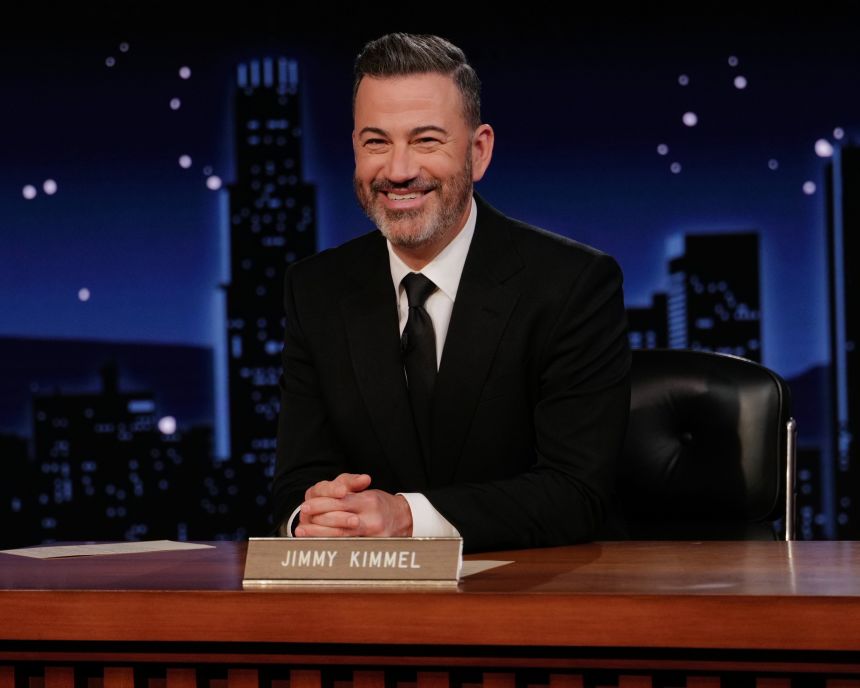Jimmy Kimmel made a high-profile return to his late-night show, Jimmy Kimmel Live!, on September 24, 2025, ending a six-day suspension that had ignited nationwide debate over censorship, political pressure, and the limits of comedy.
His comeback monologue, watched by millions, went well beyond humor, serving as a pointed defense of free expression and the vital role of satire in a democracy.
Kimmel addressed the remarks that sparked his suspension—comments on the death of conservative activist Charlie Kirk that critics labeled insensitive.
He clarified his intentions, saying, “It was never my intention to mock tragedy,” and insisted his words were “misunderstood, not malevolent.” He then expanded his focus, criticizing what he described as efforts to silence him and other voices in media.
The comedian accused the Trump administration of engaging in “bullying,” singling out FCC Chair Brendan Carr, who had publicly threatened ABC with regulatory action over Kimmel’s remarks.
“When powerful people try to scare comedians into silence, that’s not just unfair, that’s anti-American,” Kimmel warned. He added that attempts to intimidate journalists and entertainers are “dangerous in ways we cannot afford to ignore.”
By framing his suspension within a broader struggle between political authority and artistic freedom, Kimmel turned his return into a statement about democracy itself.
The confrontation had real consequences: broadcast groups Nexstar and Sinclair temporarily removed Jimmy Kimmel Live! from roughly 23 percent of U.S. households during his absence.
Despite this, his comeback drew 6.26 million viewers, marking his highest ratings in a decade.
The monologue quickly went viral, amassing more than 14 million views across social media, proving that his voice and perspective remain influential.
What might have been a quiet resumption instead became a cultural flashpoint. Kimmel transformed his brief suspension into a rallying cry for free speech, portraying satire not as mere entertainment but as a crucial tool for holding power accountable.
His return underscored the continued relevance of late-night television as a forum for national conversations about politics, media and the state of democracy.

